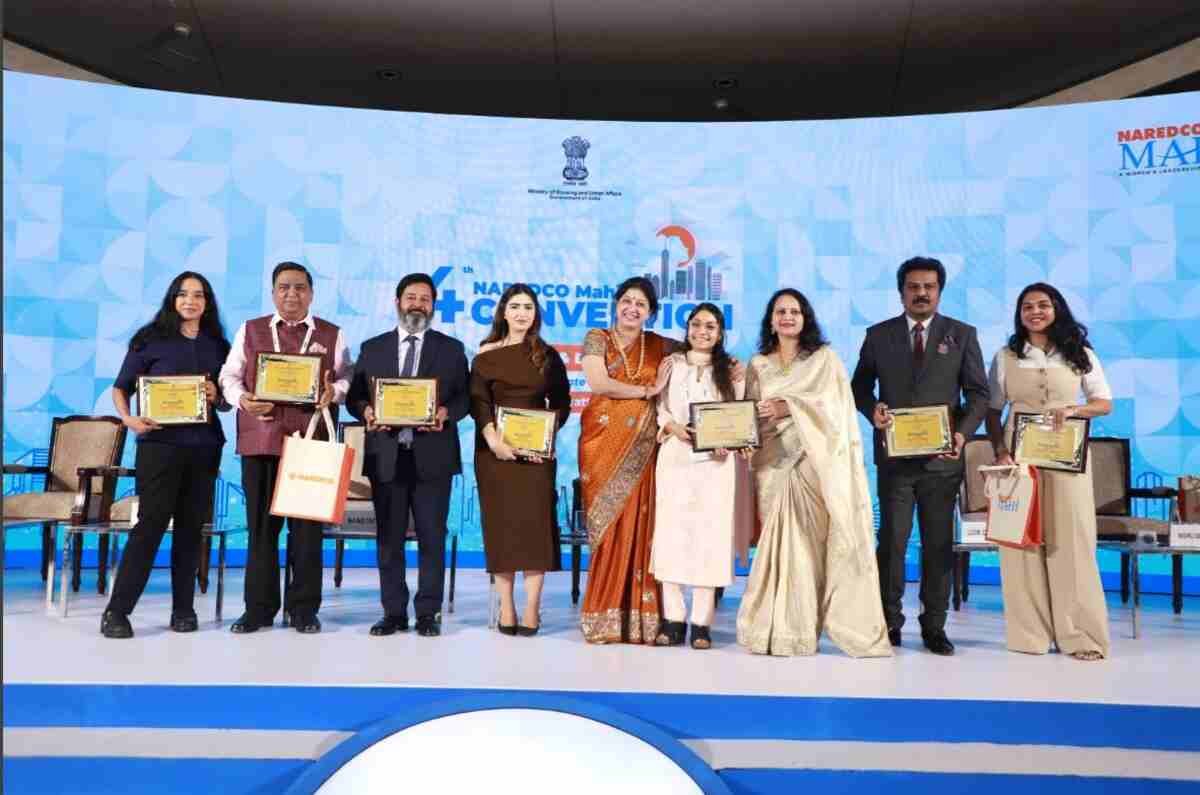From a young age, we’re told to ask the right questions—because the right question can unlock the path to growth and innovation. History has consistently shown that people who mastered the art of asking the right questions have gone on to achieve extraordinary success.
One famous example is Alan Turing, who once asked himself, “Can machines think like humans?” That single question laid the foundation for Artificial Intelligence (AI). Today, he’s honored as the Father of AI.
Why Asking the Right Questions Leads to Innovation
Every major innovation began with a powerful question. Willis Carrier, for instance, asked, “How can we bring cool air indoors during summer?” That question led to the invention of the air conditioner. Similarly, in the world of business, asking the right questions is critical for growth. If you master this, success will follow.
How Asking the Right Questions Can Make You Rich in Business
If you’re only focused on selling your product, you risk failure. But if you learn to ask yourself—and your customers—the right questions, you’ll build lasting relationships and repeat business. When your product addresses a clear need, customers not only buy once—they come back for more.
Take a page from the film industry:
The reason Baahubali Part 2 became a massive blockbuster was due to a single, well-placed question left unanswered in Part 1: “Why did Kattappa kill Baahubali?”
Part 1 grossed ₹650 crore, but Part 2 made a staggering ₹1800 crore—all driven by curiosity sparked by one question.
How Brands Became Iconic with a Single Question
Consider how Parle Melody made its mark with the question:
“Melody itni chocolaty kyun hai?”
This triggered instant curiosity. The only way to answer it? Taste it yourself. The brand etched itself into public memory with this simple yet clever hook.
Another example is Colgate, which asked:
“Does your toothpaste contain salt?”
This prompted customers to check their own toothpaste, giving Colgate the perfect opening to explain the benefits of salt—and how their product already delivers it. This is key: ask questions whose answers lie within your product.
Even in day-to-day retail, like buying furniture, smart sellers begin by asking the right questions:
“Do you have children or elderly people at home?”
If yes, they suggest avoiding sharp-edged furniture—immediately building trust by showing genuine care.
Why Question-Askers Control the Conversation
Those who ask the right questions lead the conversation, while others naturally follow. This is why, in sales and communication, the person who questions with purpose holds the power. Mastering this is the first step to increasing your sales and influence.
To do this effectively, you need to understand key communication frameworks designed to help you ask better questions.
Top Communication Frameworks for Business Growth
1. SPIN Selling Framework
-
S – Situation:
Ask about the customer’s current situation. Make your questions relevant to their context. -
P – Problem:
Identify the customer’s key challenges or “burning problems.” -
I – Implication:
Understand how these problems are affecting their business or life. -
N – Need:
Explore how urgently they need a solution—especially your solution.
2. ARC Sales Technique
-
A – Ask:
Understand where the customer is currently stuck in their journey. -
R – Recommend:
Offer a tailored solution based on what they truly need. -
C – Close:
Confidently guide them to take action and close the deal.
3. PAS Framework
-
P – Problem:
Identify the core issue your customer is facing. -
A – Agitation:
Dive deeper into the emotional and practical pain that problem causes. -
S – Solution:
Then, present your product or service as the ideal solution.
The Bottom Line: Ask Smart, Grow Fast
These frameworks aren’t just for sales—they help you become a better communicator in life and business. By asking the right questions:
-
You build stronger customer relationships
-
You understand pain points better
-
You offer more valuable solutions
-
You accelerate your own personal and professional growth
So if you want to grow your business, start by mastering the art of asking the right questions. Your future success depends on it.

